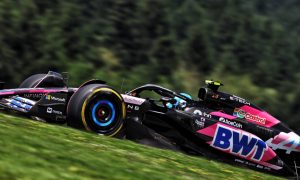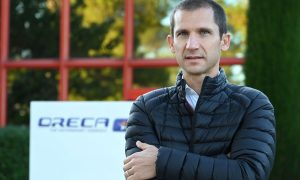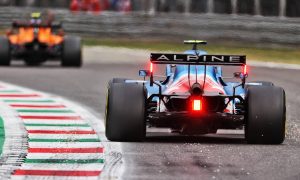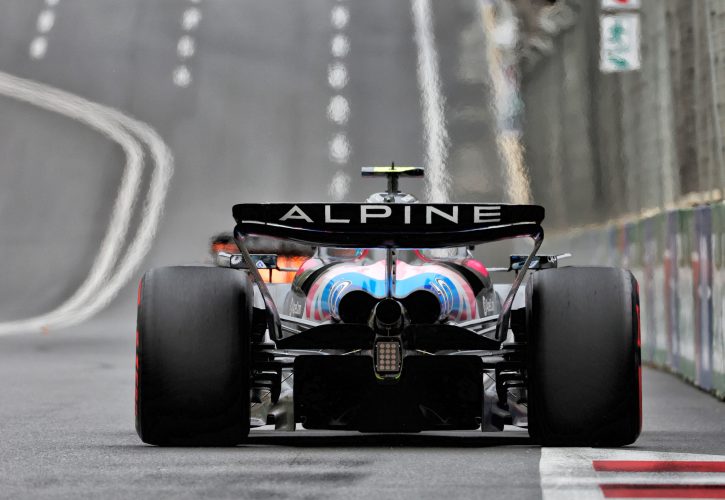
As anticipated, Renault has confirmed its decision to exit F1 as an engine supplier at the end of the 2025, marking the end of an era for the French manufacturer in the sport.
The decision, initiated by Renault Group CEO Luca de Meo, follows months of speculation about the manufacturer’s future and will see Alpine partner with Mercedes from 2026, when F1 ushers in its next-generation power units.
The move represents a major shift in the company’s motorsport strategy, as it pivots away from F1 engine development to focus on cutting-edge automotive technology for its road cars and other motorsport programs.
Renault’s historic Viry-Châtillon factory, which has been responsible for Renault’s F1 power units for decades, will be repurposed into a high-tech engineering center aimed at driving innovation for both Renault and Alpine road cars.
The Hypertech Alpine Centre, as it will be called, will focus on next-generation automotive projects, including the development of a future Alpine supercar, advances in battery technology, and electric motor innovation.
“Formula 1 activities at Viry, excluding the development of a new engine, will continue until the end of the 2025 season,” Renault said in a statement issued on Monday.
“Following the consultation process and dialogue with the employee representatives at Viry-Châtillon, Alpine has decided to establish an F1 monitoring unit.
“This unit will aim to maintain employees' knowledge and skills in this sport and remain at the forefront of innovation for Hypertech Alpine's various projects.”
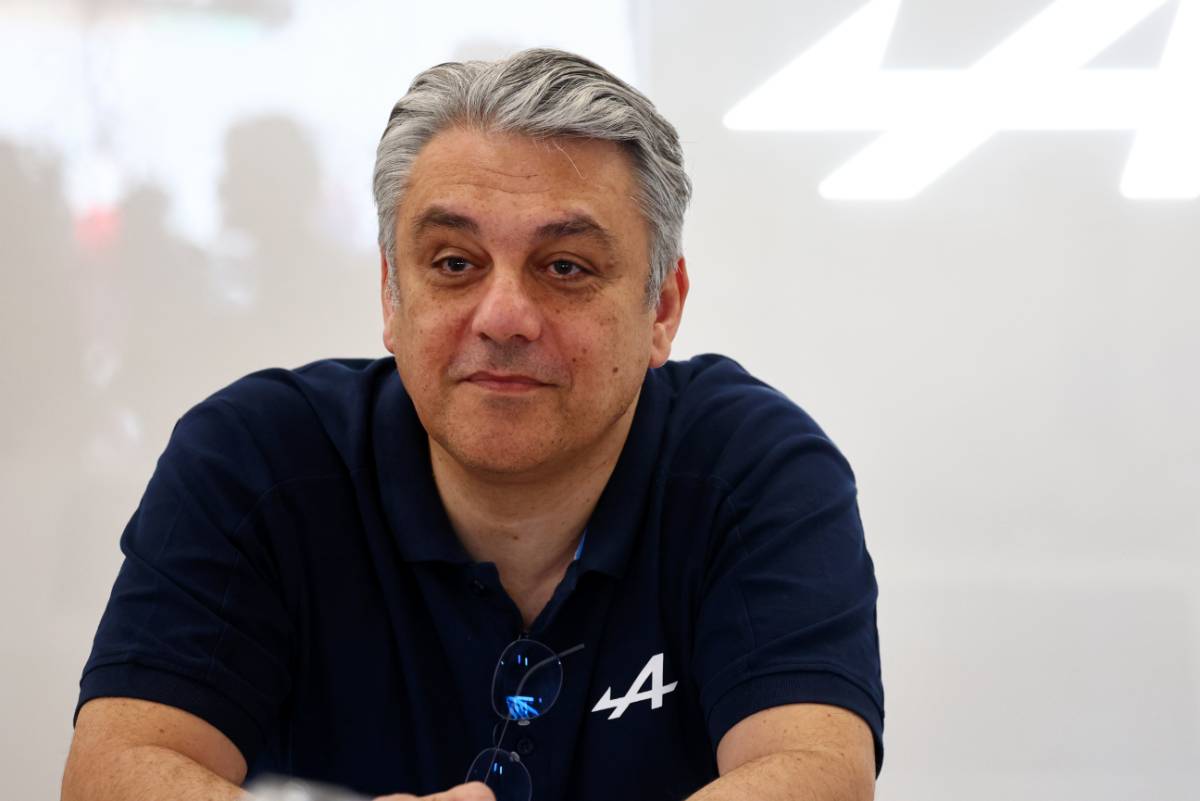
Renault Group CEO Luca de Meo.
Renault and Alpine have assured that no jobs will be lost, and all current staff will be transitioned into new roles related to the Hypertech Alpine Centre.
“Creating this Hypertech Alpine centre is key to Alpine's development strategy and, more broadly, to the Group's innovation strategy,” commented Alpine CEO, Philippe Krief.
“It is a turning point in the history of the Viry-Châtillon site, which will ensure the continuity of a savoir-faire and the inclusion of its rare skills in the Group's ambitious future while strengthening Alpine's position as an 'innovation garage'.
“Its racing DNA remains a cornerstone of the brand. It will continue to fuel an unprecedented industrial and automotive project, thanks particularly to Hypertech Alpine.”
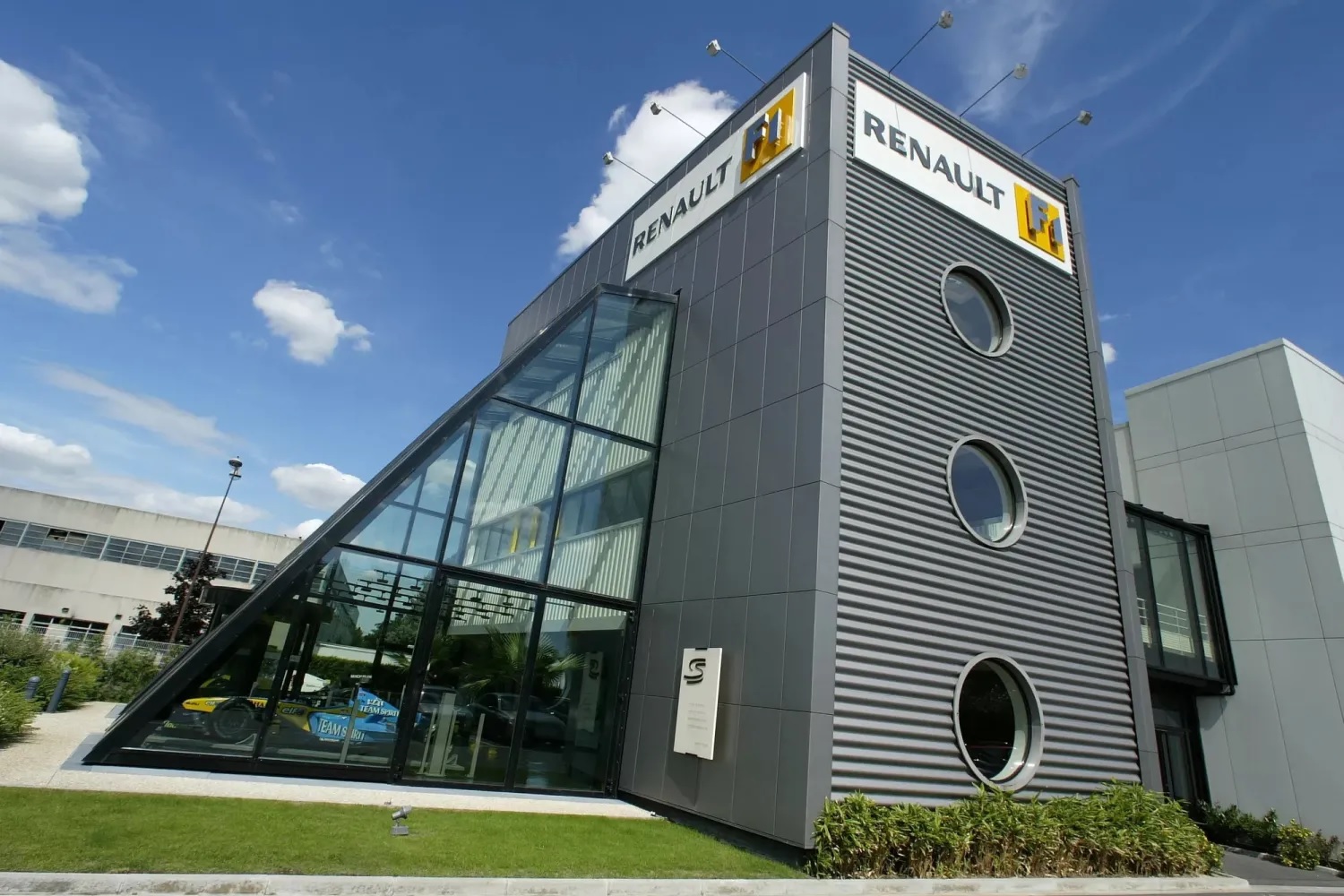
©Alpine
Renault’s decision comes amid growing pressure to cut costs in F1, particularly as the sport undergoes significant regulatory changes for 2026.
Despite these financial motivations, the move has not been without controversy. Staff at Viry-Châtillon have protested against the shutdown, arguing that the decision is premature and unnecessary.
However, Renault sees the transformation of Viry as essential to its broader business goals.
A significant factor in Renault's decision to withdraw from F1 engine development is the team’s intention to switch to Mercedes power units from 2026 onwards.
The talks with Mercedes have been ongoing, but it has become increasingly clear that Alpine sees Mercedes engines as a more reliable and competitive option compared to its current power unit.
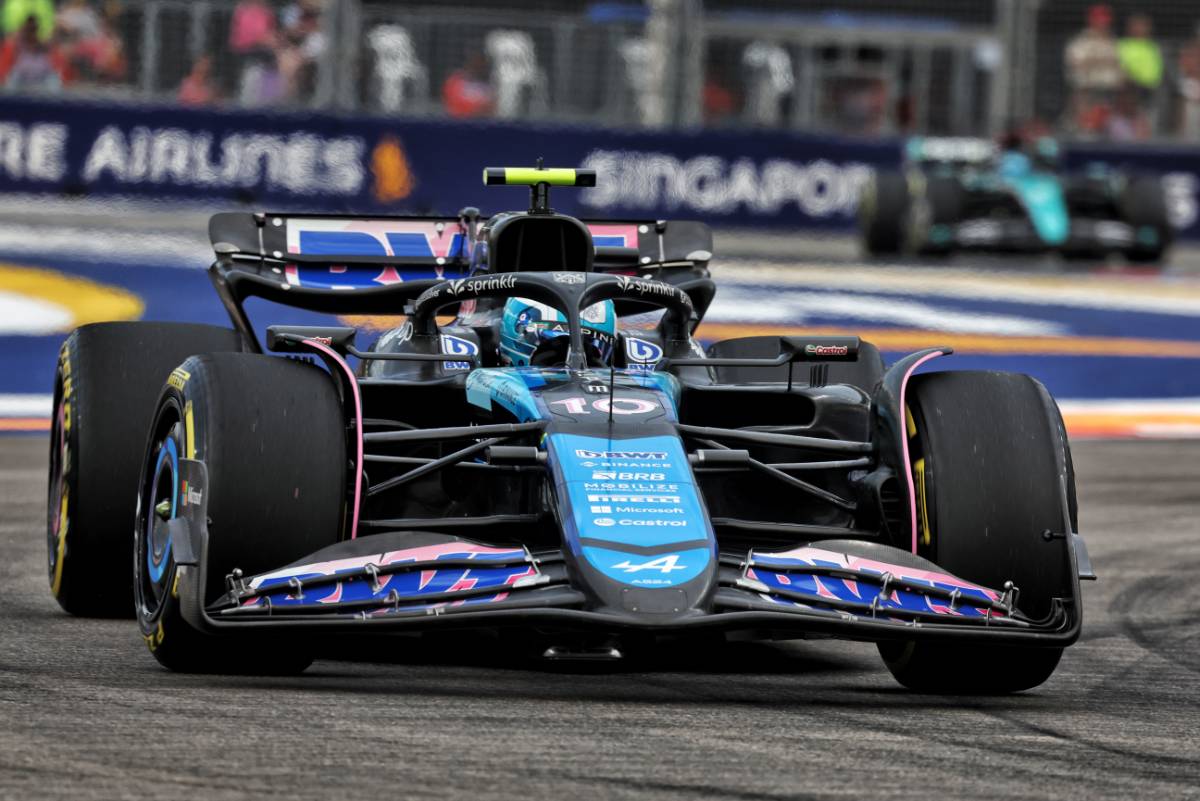
Alpine team principal Oliver Oakes acknowledged that, while there was an emotional attachment to the Viry engine program, the focus needed to be on performance.
"There are all the factors at play, but I guess at the end of the day you just want the best engine in the car," Oakes said. "That's a decision that I think Luca [de Meo] is evaluating at the moment."
The switch to Mercedes engines would not only reduce costs for Alpine but also offer a more competitive power unit.
Renault’s current engine has lagged behind rivals in recent years, particularly in terms of power output.
By partnering with Mercedes, Alpine hopes to secure a competitive advantage, particularly in the context of the major technical overhaul set for 2026.
Keep up to date with all the F1 news via Facebook and Twitter




